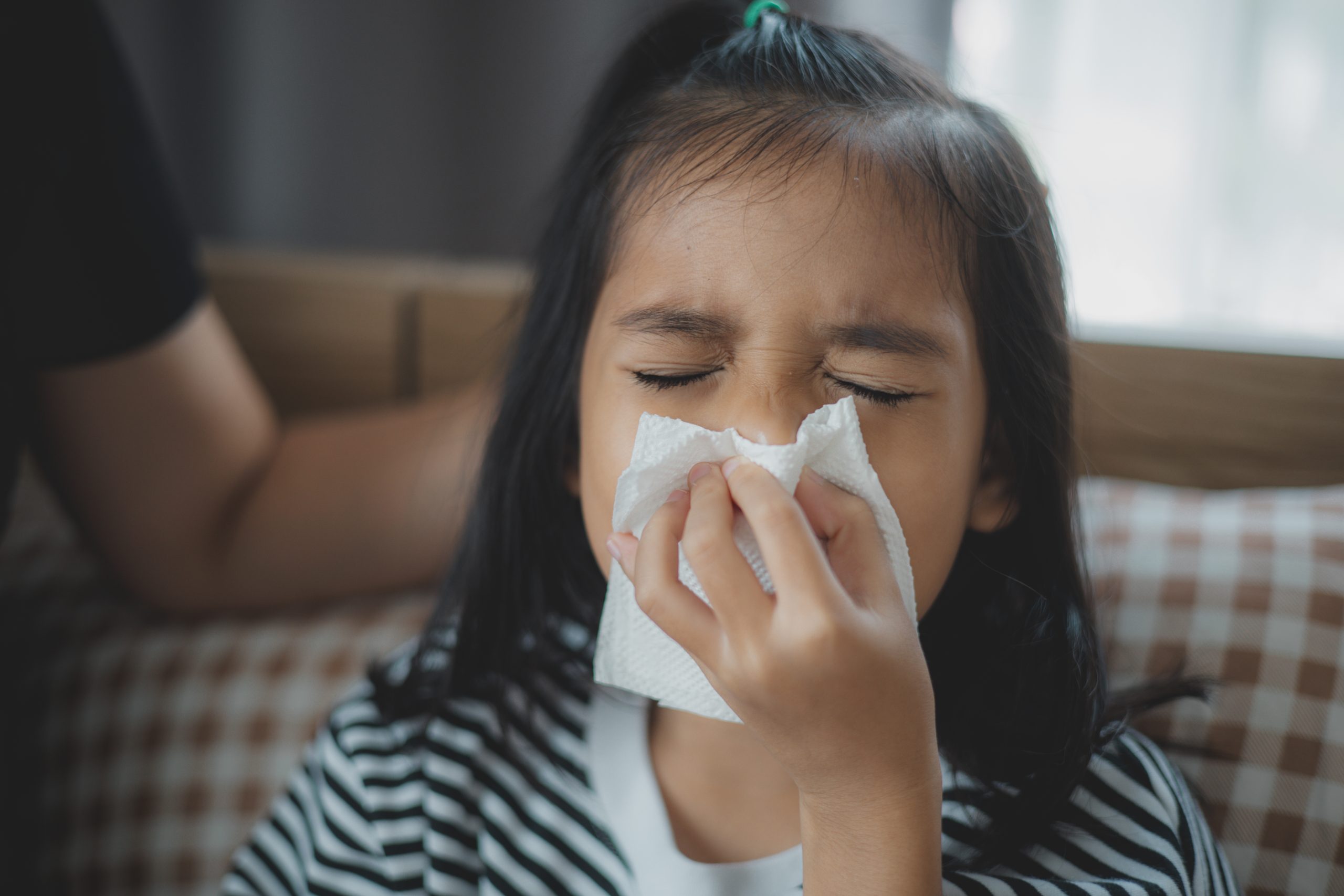Rebecca always had reasonably clear skin, so when she started breaking out in her late 30s, she assumed it was just stress or the wrong face wash. But when the breakouts persisted through different products, seasons, and stress levels, she started wondering if something deeper was happening. Her skin was trying to tell her something.
Your skin is your body’s largest organ, and it’s incredibly responsive to hormonal changes. As we move into winter and the holiday season, many women notice changes in their skin—but not all skin changes are simply about weather or stress. Sometimes, they’re windows into your hormonal health.
The Skin-Hormone Connection
Your skin contains hormone receptors that respond to:
- Estrogen
- Progesterone
- Testosterone
- Thyroid hormones
- Cortisol (stress hormone)
- Insulin
When these hormones fluctuate or become imbalanced, your skin often shows the effects before you notice other symptoms.
Adult-Onset Acne: What It’s Telling You
Acne (especially along the jawline, chin and neck) in one’s 20s, 30s, and beyond is often hormonally driven.
Common causes include:
Polycystic Ovary Syndrome (PCOS):
- Characterized by elevated androgens (male hormones)
- Often accompanied by irregular periods, unwanted hair growth, and difficulty losing weight
- Affects one in 10 women of reproductive age
Perimenopause:
- Declining estrogen and fluctuating progesterone
- Often begins in the late 30s or early 40s
- May also cause irregular cycles, mood changes, and sleep disruption
Thyroid Dysfunction:
- Both hypothyroidism and hyperthyroidism affect skin
- May cause acne, dryness, texture changes
- Often accompanied by fatigue, weight changes, and mood symptoms
Stress-Related Hormonal Shifts:
- Chronic stress elevates cortisol
- Cortisol increases oil production and inflammation
- Can worsen existing hormonal imbalances
Dry, Dull Skin in Winter: More Than Just Cold Weather
While winter weather certainly affects skin, excessive dryness can indicate:
Hypothyroidism: Your thyroid controls metabolism, including skin cell turnover. Low thyroid function causes:
- Extremely dry, scaly skin
- Hair loss or thinning
- Brittle nails
- Fatigue and cold intolerance
- Weight gain
Estrogen Decline: Estrogen helps maintain skin hydration, thickness, and elasticity. Declining estrogen during perimenopause or menopause leads to:
- Increased dryness
- Thinner, more fragile skin
- Slower wound healing
- Increased wrinkling
Nutritional Deficiencies: Winter eating patterns may contribute to deficiencies in:
- Omega-3 fatty acids (crucial for skin barrier function)
- Vitamin D (reduced sun exposure)
- B vitamins
- Zinc
The Gut-Skin-Hormone Axis
Here’s something many people don’t realize: gut health profoundly affects both skin and hormones.
Your gut microbiome influences:
- Hormone metabolism and clearance
- Inflammation levels throughout your body
- Nutrient absorption
- Immune function
An imbalanced gut microbiome can contribute to:
- Hormonal acne
- Inflammatory skin conditions
- Difficulty metabolizing and eliminating excess hormones
Holiday eating, with increased sugar, alcohol, and processed foods, can disrupt gut health, creating a cascade of effects on your skin and hormones.
Practical Strategies for Supporting Skin and Hormonal Health
Nutrition Matters:
- Prioritize anti-inflammatory foods: fatty fish, leafy greens, berries, nuts
- Reduce sugar and refined carbohydrates (they spike insulin and increase inflammation)
- Include probiotic-rich foods: yogurt, kefir, sauerkraut, kimchi
- Stay hydrated: aim for half your body weight in ounces of water daily
Supplement Support: Consider these (with your doctor’s guidance):
- Omega-3 fatty acids for skin barrier support
- Vitamin D, especially in winter
- Probiotics for gut health
- Zinc if deficient (common with PCOS and acne)
Skincare Adjustments for Winter:
- Use a humidifier in your bedroom
- Switch to a gentler, cream-based cleanser
- Apply moisturizer immediately after washing (within 3 minutes)
- Don’t over-exfoliate. This damages your skin barrier
- Use sunscreen even in winter
Stress Management: Because cortisol affects both skin and hormones:
- Practice daily stress-reduction techniques
- Prioritize sleep (aim for seven to nine hours)
- Include regular movement
- Set boundaries during the holiday season
When to Seek Medical Evaluation
You should schedule an appointment if you’re experiencing:
Skin Changes:
- Sudden, severe acne in adulthood
- Acne that doesn’t respond to over-the-counter treatments
- Excessive dryness despite good skincare
- Unwanted hair growth on face or body
- Dark patches on skin (especially neck or underarms)
Accompanying Symptoms:
- Irregular or missed periods
- Difficulty losing weight or unexplained weight gain
- Extreme fatigue
- Hair thinning or loss
- Mood changes
- Sleep disruption
- Changes in libido
These could indicate:
- PCOS
- Thyroid disorders
- Insulin resistance
- Perimenopause
- Other hormonal imbalances
Testing and Treatment Options
When you come in concerned about hormonal skin issues, we can provide comprehensive testing that includes:
- Complete metabolic panel
- Thyroid function tests (TSH, Free T3, Free T4)
- Sex hormones (estrogen, progesterone, testosterone)
- DHEA-S and other androgens
- Insulin and glucose levels
- Vitamin and mineral status
We can recommend various treatment approaches, including:
For PCOS:
- Combination birth control pills to regulate hormones
- Spironolactone to reduce androgen effects
- Metformin for insulin resistance
- Lifestyle modifications (diet and exercise)
For Thyroid Issues:
- Thyroid hormone replacement if indicated
- Monitoring and dose adjustments
- Addressing nutritional deficiencies that affect thyroid function
For Perimenopause:
- Hormone replacement therapy if appropriate
- Topical estrogen for skin changes
- Lifestyle modifications to support hormone balance
For Acne:
- Topical retinoids
- Prescription acne medications
- Hormonal treatments if indicated
- Referral to dermatology for severe cases
The Mind-Body-Skin Connection
Don’t underestimate the psychological impact of skin changes. Many women feel self-conscious about hormonal acne or skin changes, affecting confidence and quality of life.
This isn’t vanity. Your concerns are valid. Addressing skin issues is about both physical health and emotional wellbeing.
Looking Beyond the Surface
This winter, if you notice changes in your skin, don’t automatically attribute them to weather or stress. Your skin might be telling you something important about your hormonal health.
Pay attention to patterns:
- When do breakouts occur in your cycle?
- Are skin changes accompanied by other symptoms?
- Have standard skincare approaches stopped working?
These observations provide valuable clues about what’s happening beneath the surface.
Final Thoughts
Your skin is a remarkable communicator, offering insights into your overall health. As we move through the holiday season and winter months, tune in to what your skin is telling you.
If you’re concerned about skin changes or suspect they might be hormonally related, don’t wait. Early intervention can prevent issues from worsening and significantly improve your quality of life.
We’re here to help you decode what your skin is communicating and create a personalized treatment plan that addresses the root causes, not just the symptoms.
Schedule an appointment today, and let’s work together to support your skin health and overall wellbeing.










